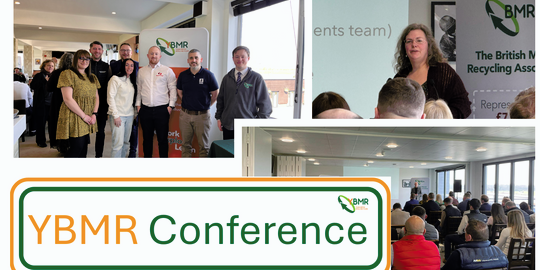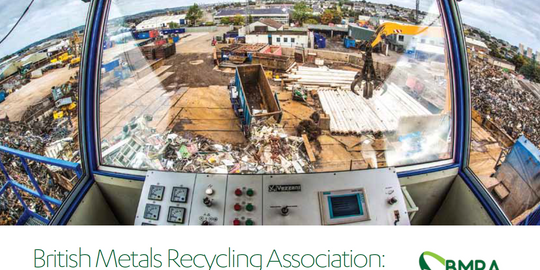A blog by BMRA President, Susie Burrage
Reading comments made by Alan Lovell, the new chair of the Environment Agency, I’m heartened to see that “encouraging recycling” features high on his agenda.
As recycling is an essential component of a circular economy and contributes to reducing greenhouse gas emissions, I feel that it has for far too long been ignored by the powers that be.
Mr Lovell also explained that he thought it was “completely wrong for us to be exporting waste” and that dealing with it at home could yield “several benefits”.
But that raises the question: what, exactly, is waste?
No one wants to see litter clogging our rivers and oceans, or children sifting through dumps in the developing world that are full of rubbish that has been exported from the West.
But what about our segregated, high-quality recyclables? Many of these, such as metals, can substitute primary raw materials in manufacturing processes. Do we perceive these to be waste? And should they be restricted in the same way as general or untreated waste?
Collected, segregated recyclables in the UK and the EU are classified as waste and subject to waste regulations and legislation. It’s a one-size-fits-all policy that applies to all waste streams, not just problematic materials such as untreated rubbish.
There will be deep ramifications for the recycling industry in the UK if we also adopt the proposed changes to the EU waste shipment regulations in Europe without changes to the definition of waste.
The new regulations will restrict the export of waste materials, which could lead to mountains of redundant items building up, because neither the UK nor Europe have sufficient capacity to process all the recyclables we currently collect.
And as we embrace the concept of a circular economy shouldn’t we be planning to increase recycling rates?
Reducing demand by creating a captive market can only lead to price suppression. In turn, this will make recycling generally less economically attractive for both businesses and individuals. It will also negatively affect investment in recycling facilities - at a time when capacity needs to be ramped up significantly.
As a metal recycler, the question that often pops into my head is: should recovered metals be classified as waste at all? How can materials recovered from waste still be regarded as waste?
Metals have a high value compared to other “waste” materials and there is constant global demand from manufacturing industries for raw materials from recycling which replace primary raw materials in all manner of products - computers, cars and white goods, to name a few.
The UK government now faces a difficult decision: does it continue to keep in step with EU waste definitions and regulations, or do we take our lead from the US and redefine “waste” to exclude recyclables and give them the status they deserve.
Maybe then, the EU will follow our lead.



